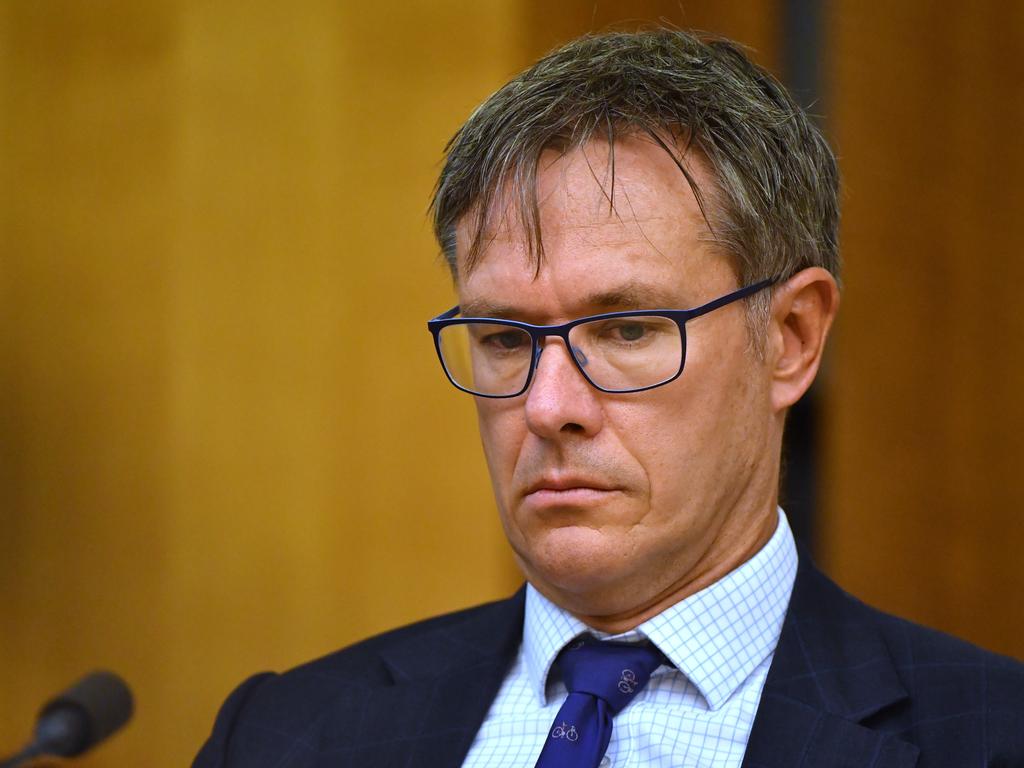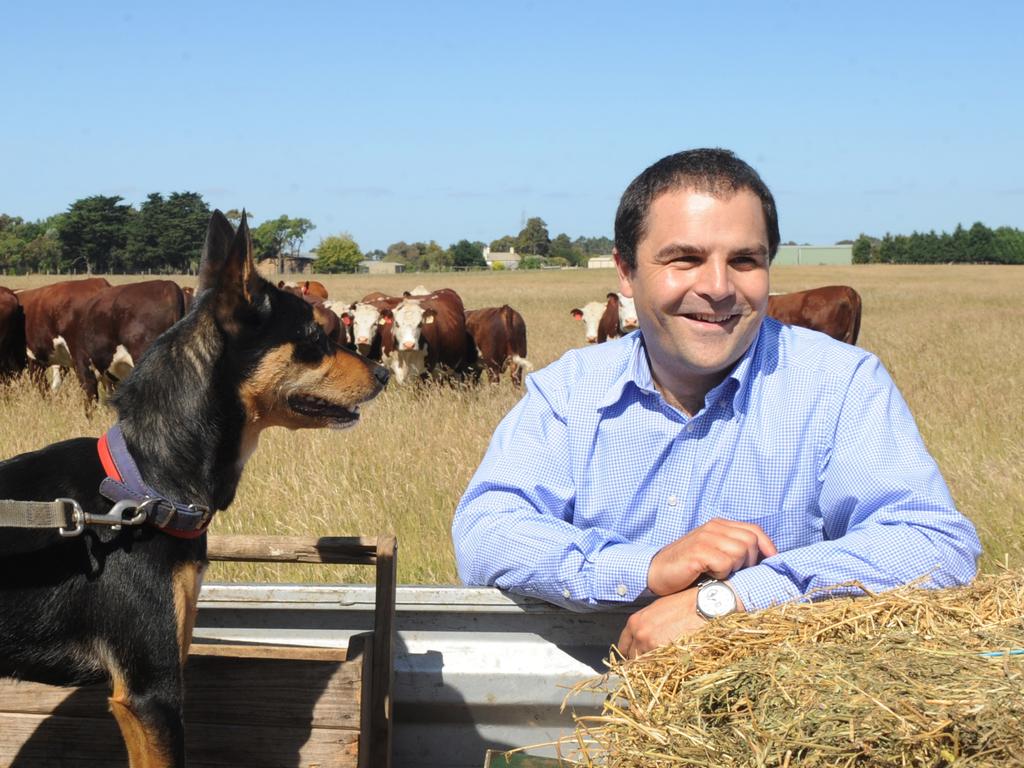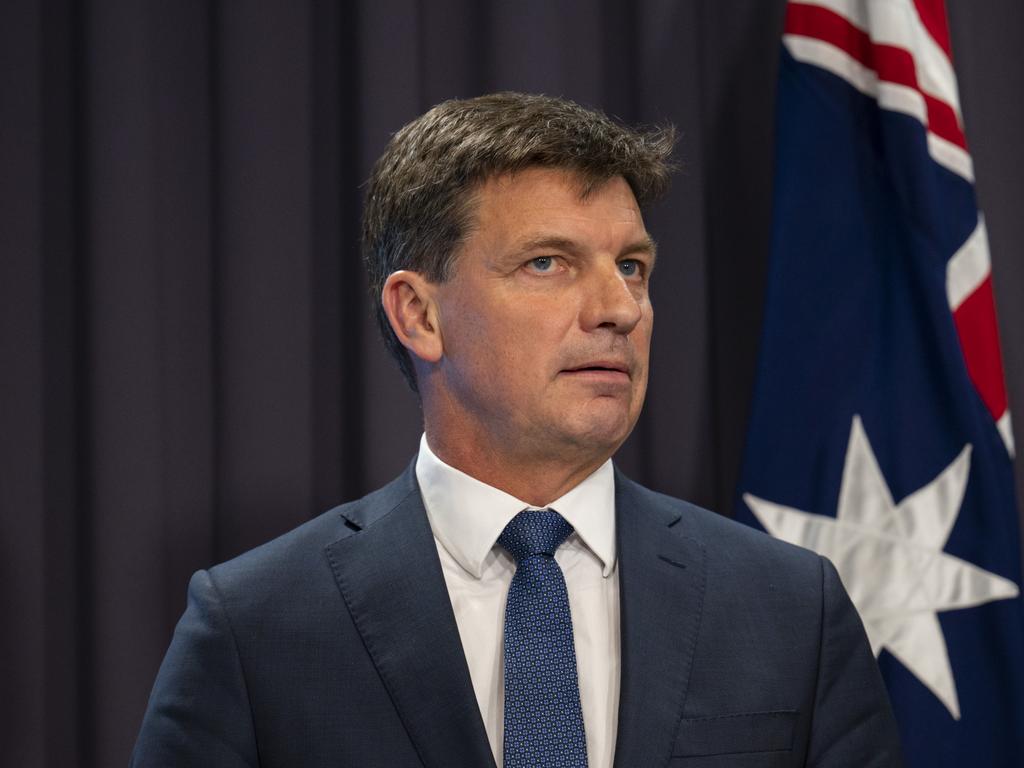Surge in tax averts Delta recession
Australia will avoid a second Covid-19 recession with signs the economy has weathered Delta lockdowns.

Australia will avoid a second Covid-19 recession, with signs the national economy has weathered the Victorian and NSW Delta lockdowns amid a surge in company and personal tax receipts that has delivered an unexpected windfall to the federal budget.
The surprise results for the September quarter financial statements show tax receipts $16.3bn higher than forecast at the time of the budget, defying predictions the extended lockdowns in Victoria and NSW would devastate the budget and plunge the nation back into recession
The Morrison government had been bracing for the September results to reveal a significant hit to the budget, with the economies of the two most populous states expected to have been battered by extended lockdowns.
However, the Department of Finance results to be released on Friday will show an overall improvement of $7.8bn after stronger-than-expected economic activity during the quarter hardest hit by the lockdowns.
The result comes despite the commonwealth funnelling out more than $12.4bn in Covid disaster payments and $11.6bn in business payments over the same period to support those affected by the state government-imposed lockdowns.
The strength of the labour market outside the lockdown states, improving business confidence and a more resilient economy led to higher-than-expected personal income tax and company tax receipts.

Separate Treasury analysis shows that, excluding the five hardest-hit industries (retail, accommodation and food services, arts and recreation, construction, and education and training), employment grew by 130,000 jobs across all other sectors.
Finance Minister Simon Birmingham said that while the Delta lockdowns had thrown the government a “major curveball”, the indicative improvement in the budget bottom line was a demonstration that the fundamentals of the economy remained strong.
“Higher company and individual tax receipts is proof of a resilient labour market and that business and consumer confidence is coming back,” Senator Birmingham said.
“Our pro-economic-growth policies, including our income tax cuts, are still leading to higher tax receipts and are further strengthening our economy.”
Senator Birmingham said “necessary income and business support payments” had placed pressures on the budget, but they had also put businesses and households in a stronger position to bounce back as the economy reopened.
“With one of the highest vaccination rates in the world and restrictions easing, businesses should have confidence to reopen, invest and re-employ more Australians,” he said. “More Australians in jobs and more business activity across the economy will be key to the ongoing improvement in our budget position.”
The improvement in the bottom line follows an $80bn improvement in the final budget outcome reported in August. The final deficit for 2020-21 came in at $134.2bn compared with a deficit of almost $220bn forecast in the October 2020 budget.
Total overall payments were up $11.7bn for the September quarter as a result of the lockdowns on the eastern seaboard. More than $9bn of that was in Covid disaster payments. The remainder included other payments and welfare.
Josh Frydenberg said the results showed just how resilient the Australian economy was.
“Despite the impact of the Delta strain and subsequent lockdowns the economy is demonstrating remarkable resilience,” the Treasurer told The Australian.
“In the latest budget snapshot the monthly financials show for the first quarter of the financial year, individual and company receipts up by more than $16bn.
“This reflects the fact more people are back in work and businesses are back on their feet, as the economy readies itself for a strong recovery.
“It also underscores the importance of sticking to the national plan agreed to at national cabinet to open up safely as vaccination rates pass the key thresholds of 70-80 per cent.”
In July, economists were predicting a second recession for Australia brought on by lockdowns in NSW and Victoria.
It was thought that the economic impacts would be greater than the first Covid lockdown in 2020.
Mr Frydenberg had predicted a poor September quarter with Treasury flagging that GDP could contract by 2 per cent.
With the lockdowns now coming to an end as the full vaccination rate approaches 80 per cent nationally, fears that the December quarter would also reflect an extended brake on economic activity have now eased.








To join the conversation, please log in. Don't have an account? Register
Join the conversation, you are commenting as Logout